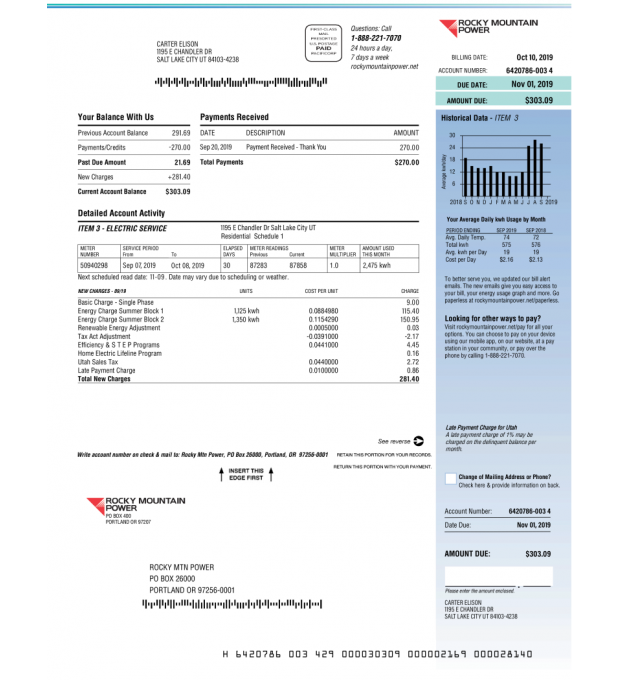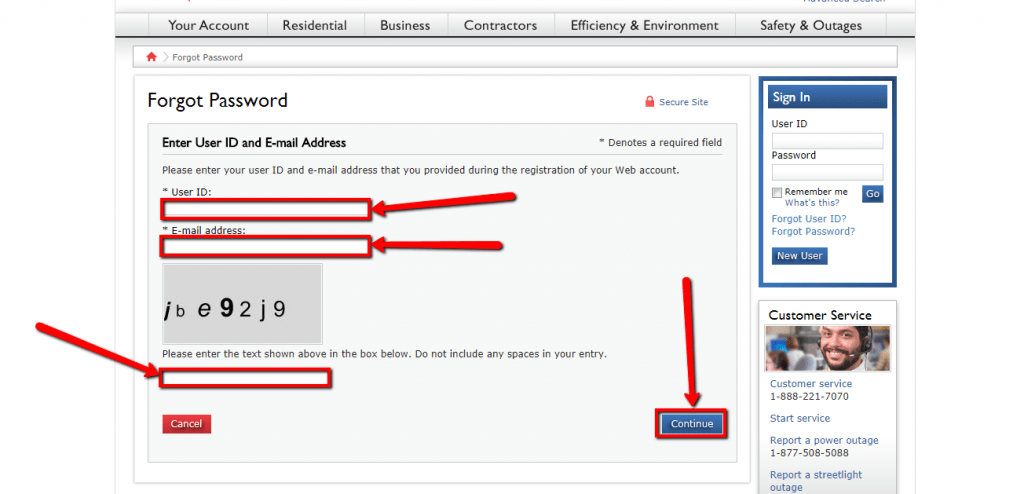


The water in the delta is beautiful and clear, unpolluted by chemicals or sediments. Out of these battle-scarred hills, this land of strife and suffering, runs the water that makes up the delta.

But at certain times of the year, water comes flooding down from the highlands of Angola, a gently rising plateau north of Botswana and Namibia that was the site of bloody conflicts for the last three decades of the 20th century. It’s at the northern edge of the Kalahari Desert in Botswana - a desert formed of the wind-blown fragments of some of the oldest rocks on Earth. It’s not a savanna or a rainforest or a jungle. THE OKAVANGO DELTA is a UNESCO World Heritage site, and for good reason: It is one the world’s last wild places. He was there for a paycheck, and that was all. When I asked one of them if he thought the drilling would bring any benefits to the people in the area, he shrugged. Two of the guys also worked on a land-mine-clearing crew, searching the area for mines still buried after the South African Border War that was fought from the late 1960s through the early 1990s. Once they realized that I wasn’t going to make a mad dash for the rig, they relaxed. They were just guys out there to make some money and feed their families. From the outside, there is not much to see. They are just a big diesel engine that spins a giant drill bit at the bottom of a hole. I wondered what would happen if I just started walking toward the rig. drilling-services company - written on the side. I could see another guard at the entrance gate, and behind him, some trucks parked near the rig with the word “Halliburton” - the U.S. I turned around and looked down the dirt road. ReconAfrica’s drill site in Namibia near wildlife-conservation areas. As we drove closer to the rig, I noticed a Namibian flag and a Canadian flag flying side by side on top, as if to suggest this rig were a symbol of international cooperation rather than one of planetary destruction. The discovery is also poised to kick off an oil-and-gas boom in Africa just when it has become clear to most scientists and political leaders that, to maintain a hospitable climate, fossil fuels need to stay in the ground. News of ReconAfrica’s alleged discovery had caused its stock price to shoot up, giving the company a value of nearly $2 billion before it ever pumped a drop of oil out of the ground. ReconAfrica is a small Canadian oil-and-gas-exploration company that claimed to have discovered an oil-and-gas basin rivaling anything in Texas near one of the most pristine ecosystems in Africa, a remote, wide-open landscape where herds of wild elephants roam and endangered wild dogs hunt in packs. AT THE EDGE of the Okavango Delta in northern Namibia, the land is so flat that I could see the top of ReconAfrica’s drill rig when we were about a mile away.


 0 kommentar(er)
0 kommentar(er)
